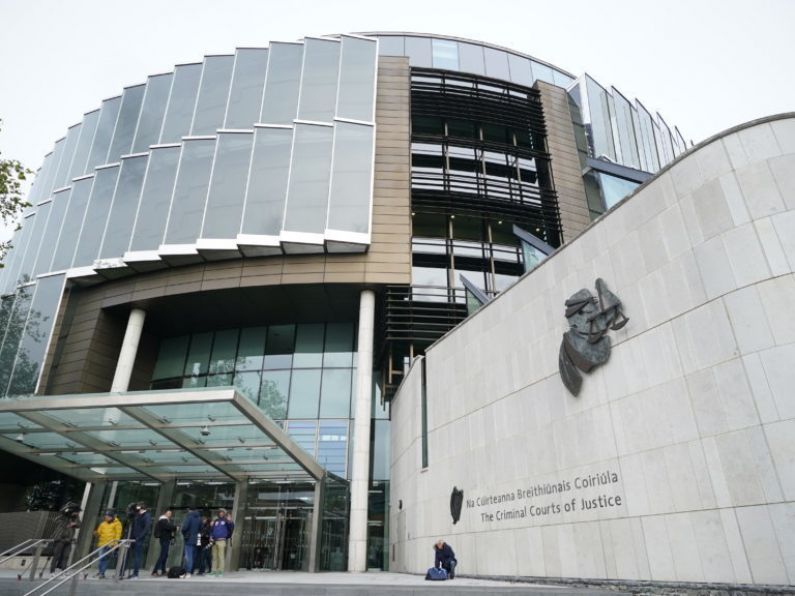As few as one in ten Irish consumers consider their carbon footprint when buying food.
A new survey by Sustainable Dairy in Europe reveals that 82% of us believe that what we eat has a direct effect on preserving the planet.
Eight out of ten of those surveyed believe that to preserve the planet, we need to change how we consume and produce food.
However, just 9% of us put this into practice when filling our shopping trolleys.
The survey also shows that 59% of Irish consumers believe the dairy sector can help them eat more sustainably.
Despite this, 75% state they are not aware of the range of measures and initiatives that Irish dairy farmers use to enhance sustainability on their farms.
41% consider that the dairy sector has a negative impact on climate change.
The survey was conducted as part of a three-year campaign, “Sustainable Dairy in Europe – safeguarding our resources”.
The research involved 2,000 consumers in Ireland as well as 2,000 consumers in Belgium, Denmark, France, and the Netherlands with the aim to gain an understanding of consumers’ perceptions of sustainability, climate change and the challenges they pose in relation to the dairy sector.
Commenting on the results, Zoe Kavanagh, Chief Executive of the National Dairy Council said: “The ‘Sustainable Dairy in Europe’ project is really essential for the dairy sector.
"We have a strategic action plan in place to support farmers to continue to produce dairy products that are important in the daily diet, but to also produce dairy in a more sustainable way using new farming practices that reduce their impact on the environment.
We are continuing to educate the sector on the latest innovations and science-based advice where they can take simple and effective measures across their farms.
"These include adapting use from natural resources, such as substituting clover for chemical fertilizer, reducing losses from slurry, and incorporating forestry and hedgerows on farms to name but a few.
“Our rural communities rely on agriculture and the food industry for their livelihood and are proactively and speedily working to adapt their methods of farming. They are moving to more sustainable practices that lower their carbon footprint whilst protecting the future for family farming generations,” she said.






